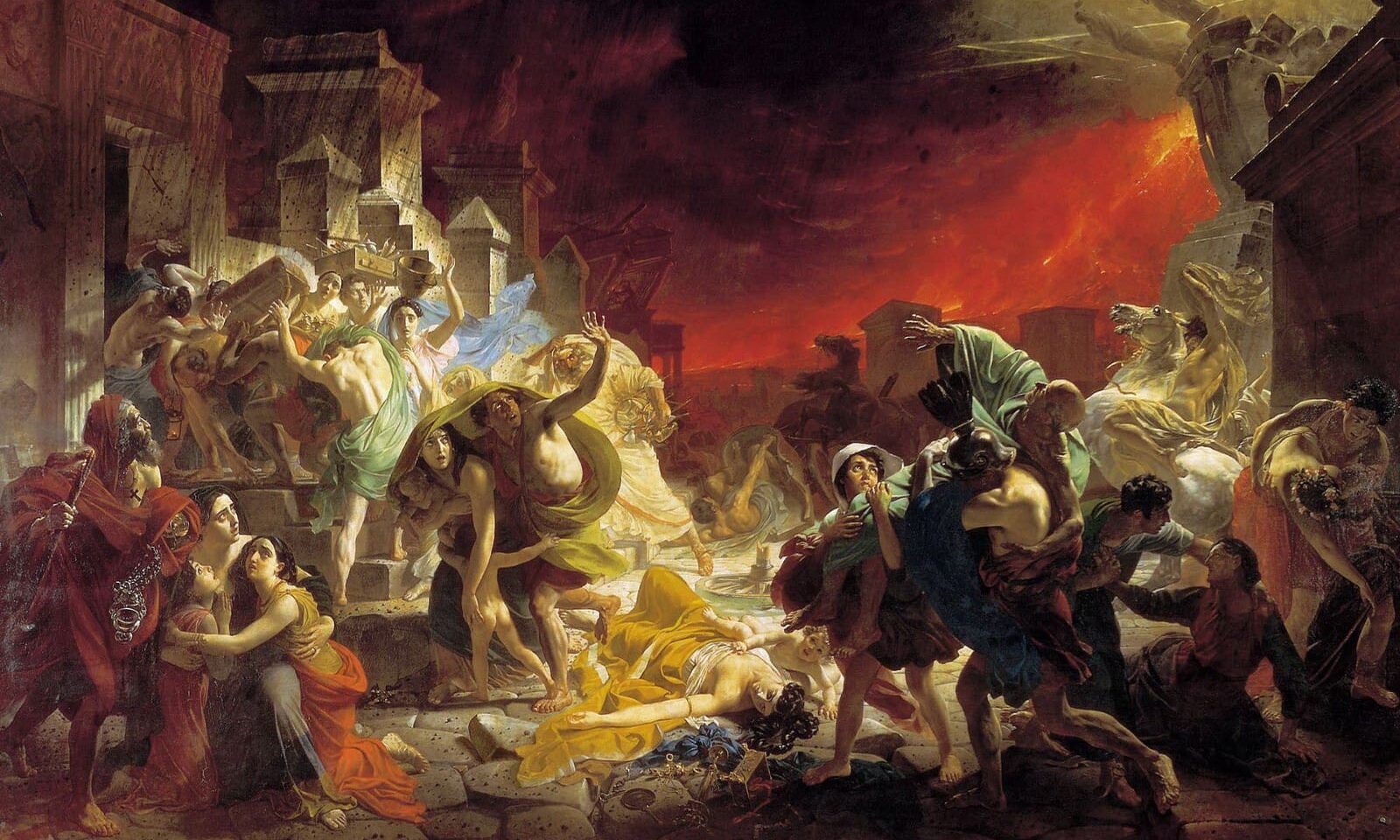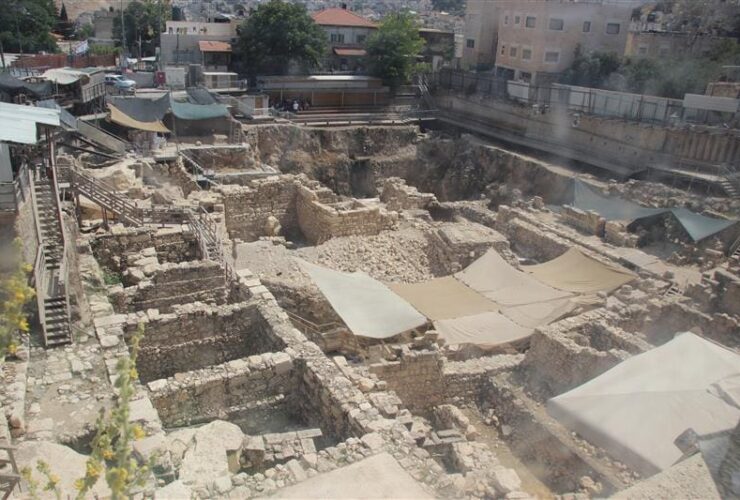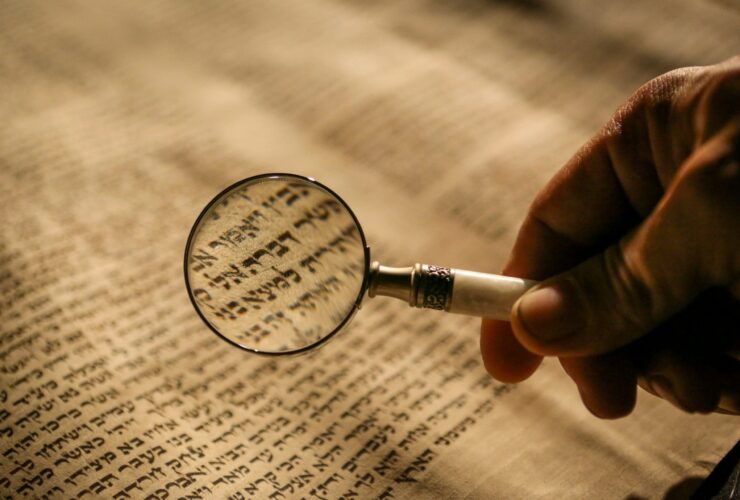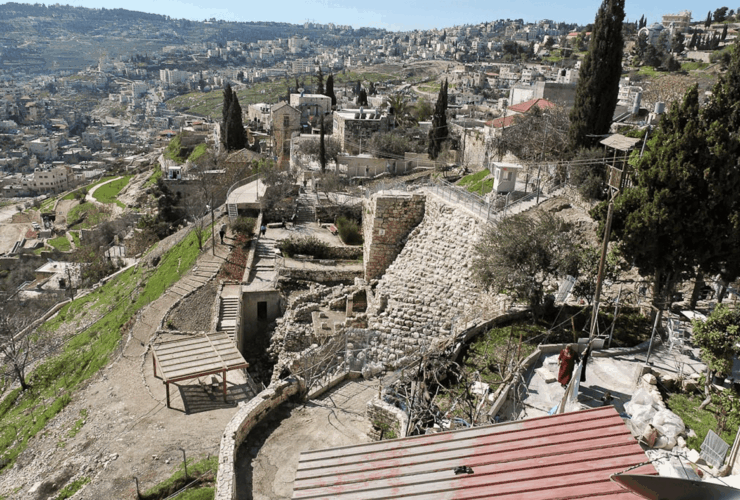The story of Sodom and Gomorrah has enraptured listeners for millennia. God’s cataclysmic judgment against these very wicked sister cities has been a generational warning flare to repent. It puts on full display what happens when God’s intolerance for iniquity reaches its full measure.
But what I find interesting is that in Luke 17 Jesus uses Sodom as a prophetic archetype for what will happen at the end of the age. In Revelation, then, John is given a vision that expands upon Jesus’ Olivet Discourse and calls Babylon, the great city of the end, a spiritual Sodom (Rev.11:8). From here, the typological parallels are striking: just as two angels were sent to mark the end of Sodom (Gen.19:1), so will two witnesses be sent to mark the end of the age (Rev.11:3); just as the wicked were swept away in Sodom (Gen.19:15,17), so will the wicked be swept away at the end of the age (Matt.24:39; Lk.17:27); just as Sodom was judged by fire in a single day (Gen.19:15,23-24), so will Babylon be judged by fire in a single day (Rev.18:8); just as Lot and his family were spared at the moment of Sodom’s destruction (Gen.19:17), so will the Church be spared at the moment of God’s wrath against Babylon (1 Thessalonians 1:10). Christ says:
[B]ut on the day when Lot went out from Sodom, fire and sulfur rained from heaven and destroyed them all—so will it be on the day when the Son of Man is revealed (Luke 17:29-30)
And Genesis 19 says:
As morning dawned, the angels urged Lot, saying, “Up! Take your wife and your two daughters who are here, lest you be swept away in the punishment of the city.” But he lingered. So the men seized him and his wife and his two daughters by the hand, the Lord being merciful to him, and they brought him out and set him outside the city. And as they brought them out, one said, “Escape for your life. Do not look back or stop anywhere in the valley. Escape to the hills, lest you be swept away.” (Genesis 19:15-17)
I think this is really worth noting for those who reject a rapture wholesale; the angels “seized” Lot and his family—even though he was taking his sweet ol’ time—and took them out of the city before it was destroyed as a sign of God’s mercy (v.16). And where there is mercy, there is no wrath. This directly parallels the angelic harvest that takes place at the very end of the age when the angels harvest and separate “the sheep from the goats” (Rev.14:14-20; Matt.13:39-43,47-50, 24:30-31, 25:31-32).
Lastly, Abraham intercedes for all of Sodom before its destruction for the sake of the righteous, “Will you indeed sweep away the righteous with the wicked?” (Gen.18:23), which parallels the cloud of witnesses and intercession of the saints petitioning and praying for us on our behalf before God as well as our vocation to pray for our enemies and those ensnared by sin (cf. 1 Timothy 2:1-2; Job 42:8; Romans 15:30; Numbers 14:19–20; James 5:14–15). Abraham petitioned to spare the whole city if but ten righteous people lived in it, and God agreed, “For the sake of ten I will not destroy it.” (v.32). But God only found one righteous man (2 Peter 2:7-8). So, He destroyed Sodom, but He spared the remnant: Lot and his family. The eschatological types, here, are crystal clear: Lot and his family represent the Church who endure the brazen godlessness within the great city Babylon, which represents the world and, perhaps, Jerusalem, at the end of the age. The destruction of Sodom typifies God’s promise that the righteous will not suffer His wrath.
Even so, not everyone survived as though through fire. Lot’s wife succumbed to her earthly temptations. In fact, Christ uses her salt-tombed death as a prophetic warning to all believers anticipating His return:
“On that day, let the one who is on the housetop, with his goods in the house, not come down to take them away, and likewise let the one who is in the field not turn back. Remember Lot’s wife. Whoever seeks to preserve his life will lose it, but whoever loses his life will keep it.” (Luke 17:31-33)
In other words, Christ gives us, the readers, the exact same warning the two angels gave Lot and his family before Sodom was destroyed: “Do not look back!” That includes our desire to live a “normal life” in this world (vv.28,35). Scary thought. The tragic loss of Lot’s wife is a reminder to guard yourself from falling for the same sin; clinging to earthly preservation, whether it is in our appetites, passions, wealth, status, power, or life (Luke 21:34-36; Matt.24:45-51, 25:1-13). Lot’s wife foreshadows those who are in the visible church body but are led astray by the desires of this world––the wine of Babylon (Matt.24:24, 13:19-21; Rev.14:8).
By contrast, Lot endures various kinds of suffering and persecution, according to Peter, “for as that righteous man lived among them day after day, he was tormenting his righteous soul over their lawless deeds that he saw and heard” (v.8). Those who are in the present darkness of Sodom-Babylon will either participate in her ways or be persecuted by her. And so, it is by our steadfast, persevering faith in Christ that we the saints conquer the city of Satan (Rev.12:11,15:2; Rom.16:20). Empowered by his Spirit to conquer through trials, tribulation, persecution, and martyrdom. This is why Christ tells us that “the one who endures to the end will be saved…. Therefore, stay awake, for you do not know on what day your Lord is coming.” (Matt.24:13,42)

Matlock Bobechko is the Chief Operating/Creative Officer of Bible Discovery. He is an eclectic Christian thinker and writer, award-winning screenwriter and short filmmaker. He writes a blog on theology, apologetics, and philosophy called Meet Me at the Oak. He is also an Elder at his local church.






